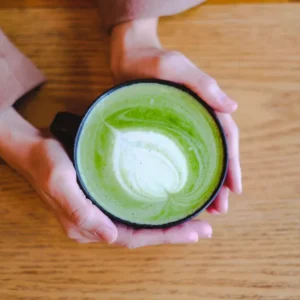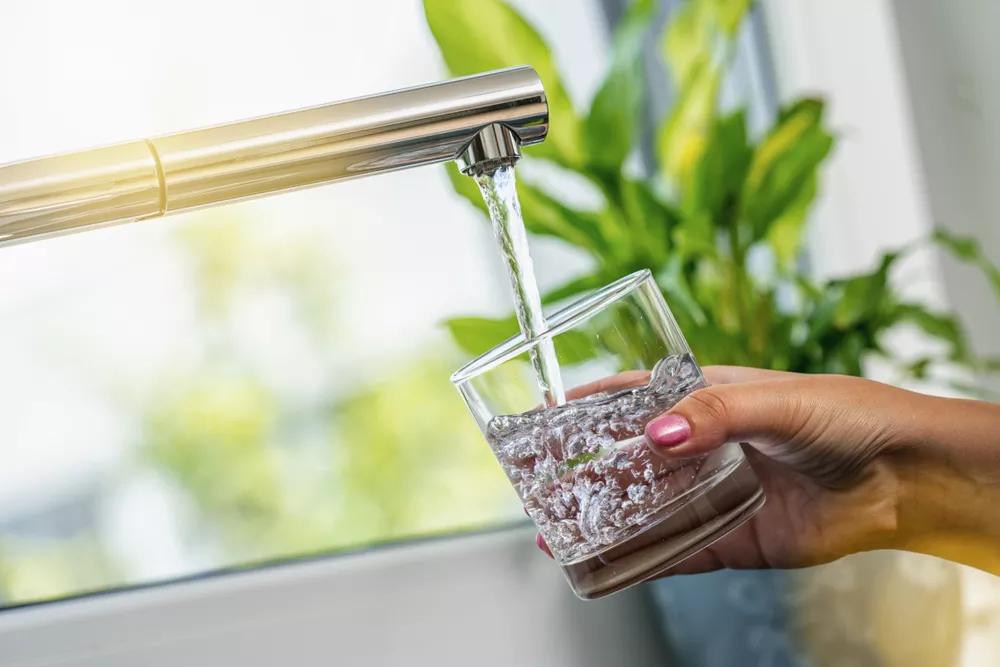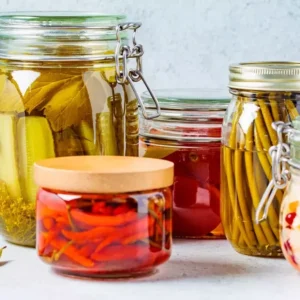Verified on 02/08/2024 by PasseportSanté
Water is essential to our health and especially at this time of year. But despite the numerous checks, is the water flowing from our tap really reliable?
In France, it is the Health and Environment centers of the regional health agencies that analyze and monitor tap water. The supervision is so strict that they undergo thousands of checks every day at the different pumping locations and throughout their journey through the pipes. However, zero risk does not exist. Pesticides, nitrates, lead, traces of medications… How do you know if the water is reliable?
Quality water throughout almost the entire territory
According to a UFC-Que-Choisir survey, 98% of consumers can drink water without worrying about its quality since it presents no health risk. To carry out this survey, the 36,567 municipalities of mainland France were analyzed. Two criteria were retained, namely: compliance with standards, which concerns more than 70 criteria (including toxic components in water), as well as quality references, which concern exceedances of standards (color of water). water, deposits, limescale) which pose no danger to humans but which can alter the taste of the water.
Human and radioactive pollution are also taken into account in the water rating. It is possible to see the quality of the water depending on our department at this address. (A color code defines the rating, green: it is good while black: it is very bad).
Why does water taste strange sometimes?
Chlorine is deliberately added during water treatment and analysis. This helps eliminate bacteria present during transport between the pipes and the tap. The quality poured is relatively low and non-toxic to our health. It corresponds to only one drop/tablet for almost a thousand liters of water. Several tips allow you to combat this sometimes disturbing taste. Therefore, it is advisable to let the water run for a few seconds before drinking. Putting the water in a carafe or glass bottle in the fridge for a few hours helps eliminate this bad taste. On the other hand, it is not recommended to keep a bottle containing tap water open for a long time, as it can be contaminated by bacteria present in our everyday environment.
Can you get lead poisoning?
Logically no. It depends on the old pipes that connect between homes and the distribution networks. But for many years, lead has disappeared from these places, although there are still possibilities. The risks must therefore be considered, since they can be dangerous in the long term for health. The main symptoms are abdominal pain, neurological disorders such as anemia and even hypertension.
Should we prefer tap water to bottled water?
Asked by Europe 1 on this subject, Professor Gilbert Deray, head of the nephrology department at the Pitié-Salpêtrière hospital explains that ” in tap water, all impurities and bacteria will have been removed, whereas bottled water has absolutely no health benefits “. The professor also points out that bottled water provides nothing more than tap water.” The majority of bottled mineral waters have no minerals. Some sell a lot for magnesium, but what is the point of buying mineral water, paying 300 times the price of tap water, when with a small portion of spinach you will get more magnesium than in your liter of bottled water? ” asks the doctor.
On an ecological level, some point out an aberration in our mode of consumption. Billions of bottles are made every day and it will take 500 years for them to completely degrade.

Editor
February 8, 2024, at 11:30 a.m.
91% Readers found this article helpful And you ?
Was this article useful to you?












